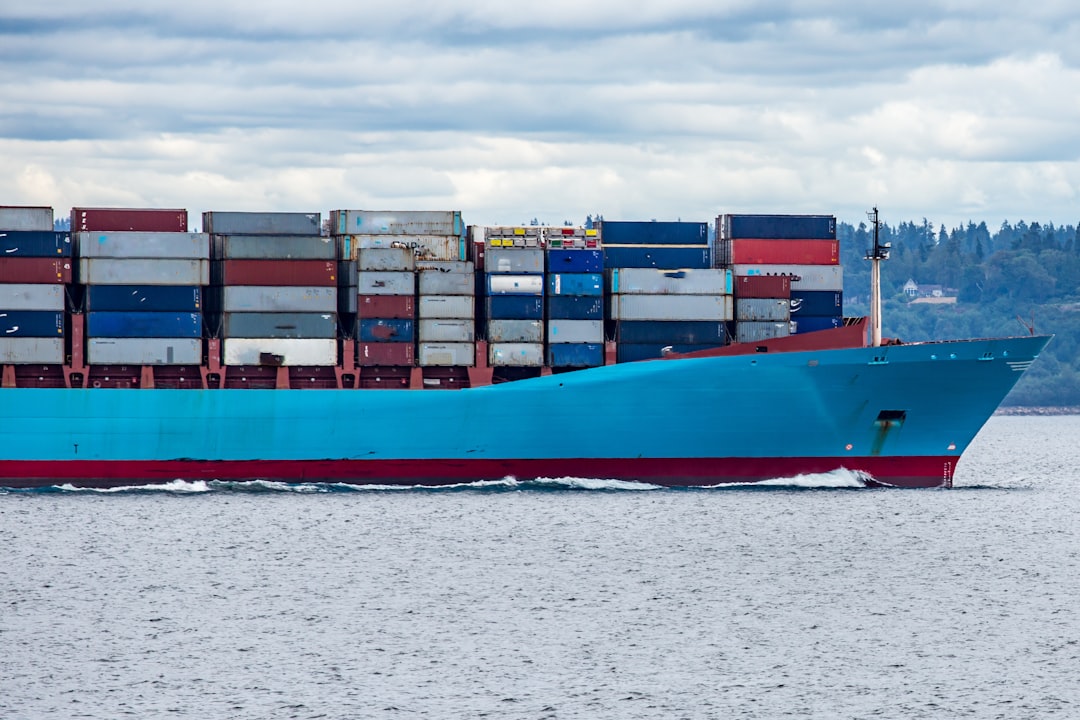Trade data can provide invaluable insight into global trade and critical intelligence to inform supply chain decisions. One of the strengths of the data is that it tends to release on a fixed schedule by Customs agencies or other sources. The release schedule varies depending on the method of transport or port of origin, but there is typically an expected timing and frequency. Many countries are updated monthly, but US Customs data, for example, is made available daily.
Unfortunately, even when regular updates are the norm, delays in trade data may occur. Sometimes these delays can be anticipated, such as when a new law goes into effect that impacts the availability of the data, or if the source is aware of a change that will delay an update of the data. For example, in recent years, upgrades to software systems used by various Customs agencies have caused data to be delayed.
Sometimes, however, delays are sudden and unexpected. In 2018, Chinese Customs changed its policy regarding the transparency of Chinese trade data, likely in response to tensions with the US. China removed public access to its data in a move still in effect today. Sometimes new laws not directly related to trade data can impact the availability of the data. For example, in response to recent privacy laws, some countries temporarily stopped releasing trade data – or certain fields in the data – until they could make sure the data complied with internal privacy laws. The European Union's privacy laws are constantly changing in response to new technology, and no EU country has released official, public trade data records in over a decade.
The truth is there are many factors – whether technical, legal, or geopolitical – that can cause trade data to be delayed, but there are also steps you can take to put yourself in the best position possible when these delays occur. One step is investing in data from multiple countries. If there is a delay impacting Argentina data, you can still get insight into companies in Argentina and Argentine trade using data from other countries in Latin America or the US.
Arguably the most important step is working with a trusted and reliable provider of trade data like ImportGenius. ImportGenius has processes and technology to mitigate the impact of delays. This starts with a proactive approach, working closely with our sources of trade data from 18 countries to identify potential delays as soon as possible and to provide quick feedback if issues occur. The sooner a problem is identified, the sooner it can be resolved. In some cases, this could even mean identifying a new source for the data. Also, when issues are technical or related to changes to the data itself, ImportGenius has a sophisticated and flexible data ingestion process that can adapt quickly, minimizing possible delays.
Trade data is a powerful tool for people making critical supply chain decisions. The data provides timely insights into the activities of companies and the movements of goods globally, making it all the more frustrating when it is not available on time. Choosing a customer-oriented trade data provider with relevant expertise and best-in-class technology gives you the highest chance of success when these delays inevitably occur.
If you like this article and would like to know more about how trade data can help you, or if you want to see ImportGenius in action, you can check out our website here or request a demo today to speak to one of our experts about ImportGenius can help you.
